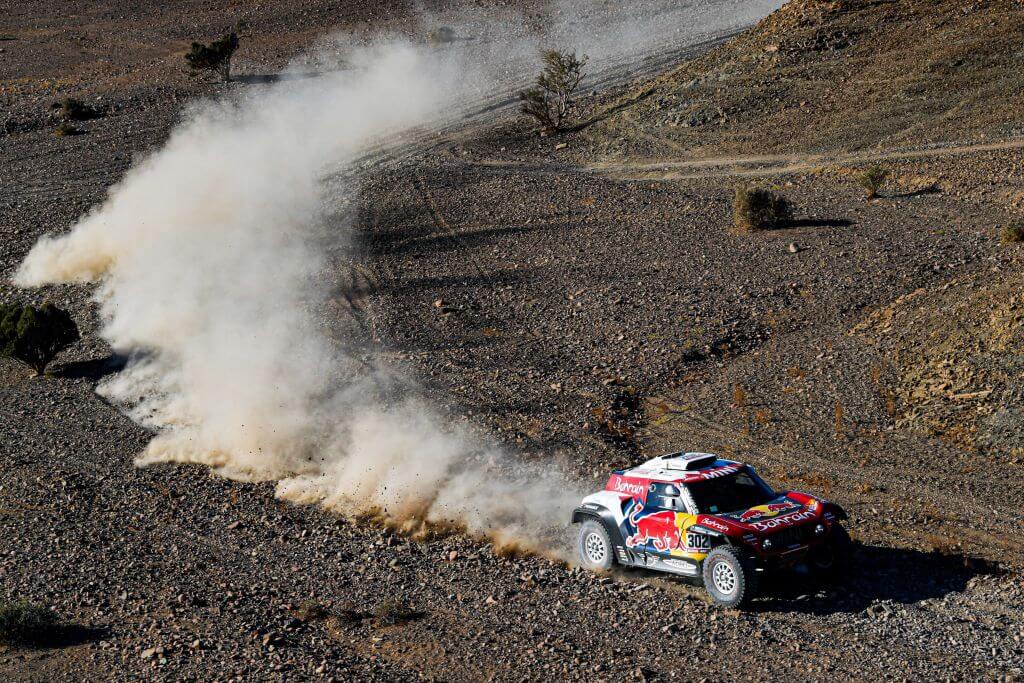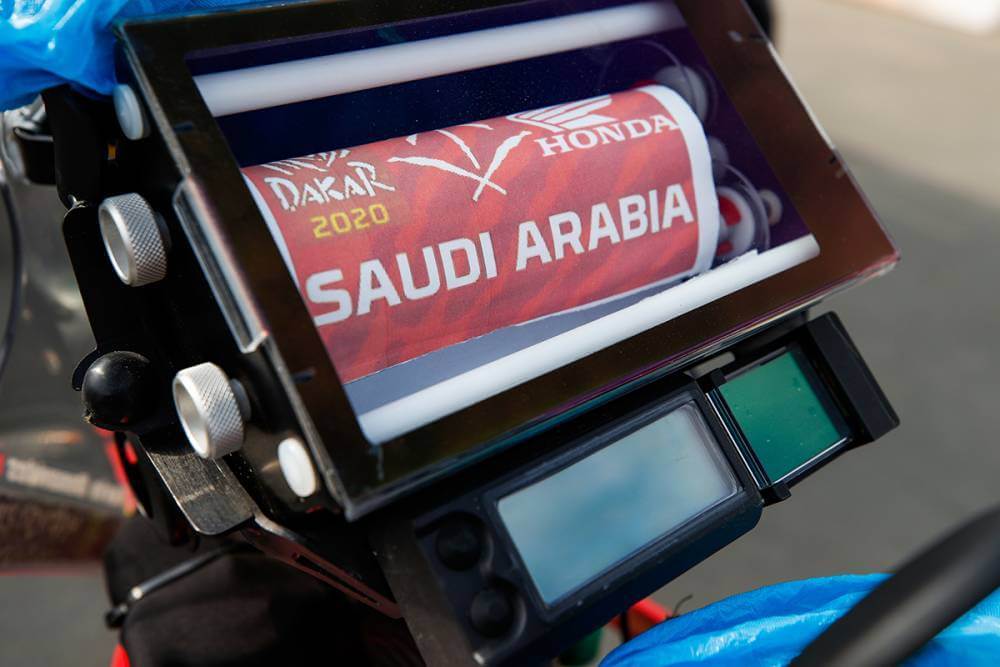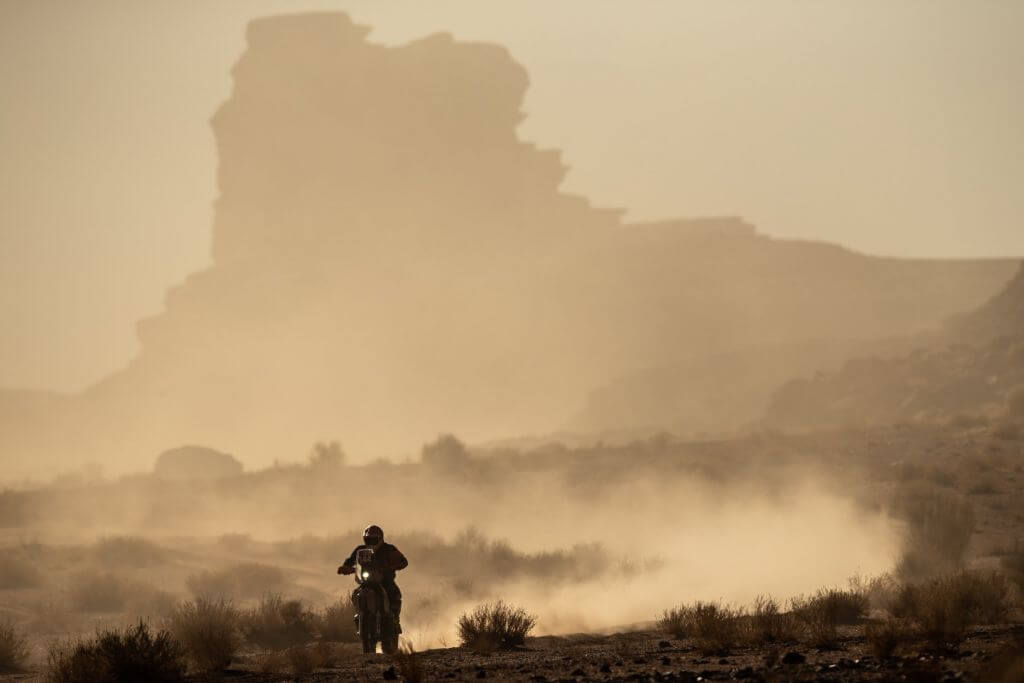New Decade, new scenario, New Dakar?
We want to give a warm welcome to our first Off-Road Racer contributor, Enrique Bonafonte. 'Kike' is a Rally Raid veteran with more than 10 years of racing experience including 2 participations at the Dakar Rally.
I remember like if it was yesterday. Around 2006 I was competing in what it was my first Dakar Rally. I had in front of me the amazing challenge to complete the 6,800-mile race of which 5,600 were against the clock. One of the negative surprises that the scenery changed from Africa to South America made was the short amount of racing miles, which at some times reached barely 1,500 miles spending more time in liason stages than actually racing. We all know that racing Dakar isn't cheap, for example a medium-budget team in the car category rounds the $300,000. With this number here's the next thought: Racing in South America brought the cost of racing Dakar to a $193 per mile, a crazy number for an adventure that most of the times are for the amateur teams with limited resources.

With the arrival of the Dakar Rally to Saudi Arabia these numbers have substantially changed, 3,500 miles will be the total of this year stages against-the-clock lowering the cost of racing to $54 per mile, creating a great advantage against the named 2nd chapter of the Dakar Rally. The short stages of the South American edition also pushed away the real marathon-Dakar skills against the fast speeds of the rally drivers banishing the true rally raid strategies. What is supposed to be a Rally Raid became more a WRC type event like the Kenya Safari Rally. This 2020 edition already feels like the true spirit of the Dakar Rally.

Also it's worth mentioning that the cars made for the South America version of the Dakar never had this many miles of timed-stages and none of them did raced in Africa where the real testing of Rally Raid is. Only the team "Mini" has African heritage of being a worthy successors of the BMW X5 and X3 developed by X-Raid. Without a doubt make the Mini 4x4 the most reliable car racing Dakar today and because of it, they are my favorite to win the rally even if they don't have a world-class driver in them.

Meanwhile, the unfairness of the unlimited-budget teams using 'mapmen' was an insulting situation for the budget-friendly teams racing in the past editions. The Mapmen were the people in the teams that work all night prior the stages to give to their drivers a GPS-exact directions reducing the navigation to a minimum problem rather than just use the roadbook with just plain rally notes. Luckily the race organization A.S.O. directed by David Castera, had put in motion a plan to mitigate this by giving the road book just 15 minutes before the start in half of the stages (instead of the night before) and after the race, right at the finish line of each stage, they will take back the document making sure the racers didn't put illegal notes in them. Also the biggest teams will have onboard cameras to detect the illegal usage of any type of GPS devices.

And last but as important as the points above, the terrain will be a real challenge and something equally determinant is the lack of fans. All drivers at some point had some sort of help from the local fans in South America, some teams even had support disguised as regular spectators that break the spirit of Dakar of being self sufficient. The solitude of the Saudi desert will mark a before and after of the Dakar Rally, it will make the drivers to really think when is the time to attack and when is the time to conserve the vehicle. What is clear in my humble opinion is that The Dakar Rally has recovered a big part of its lost essence in the past few years.
